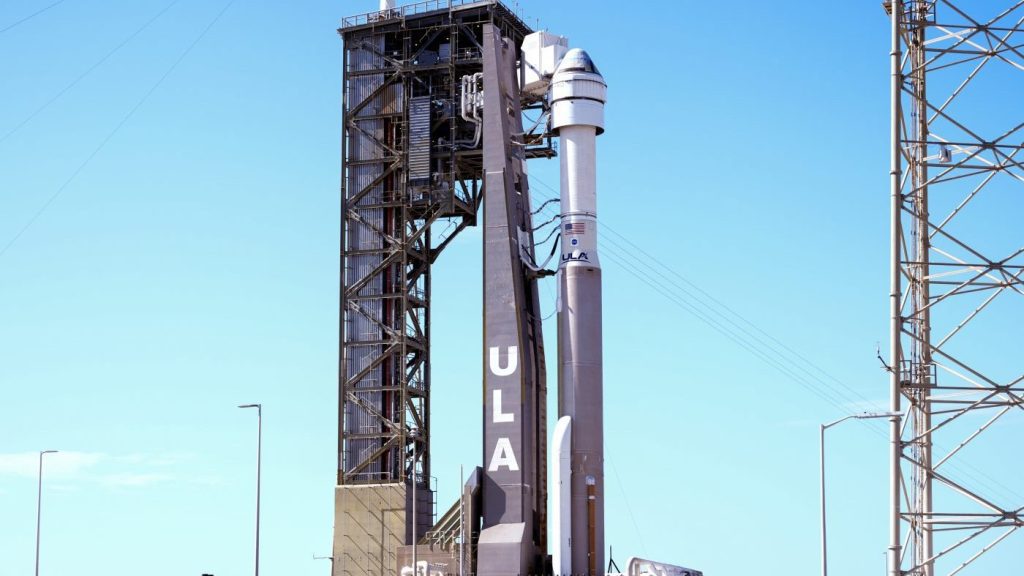Boeing’s initial astronaut launch was canceled on Monday because of a problem with a valve, which has further postponed the company’s important takeoff.
The company’s effort to send its Starline capsule to the International Space Station (ISS) was stopped by The United Launch Alliance (ULA) over “an observation on a liquid oxygen self-regulating solenoid relief valve on the Centaur upper stage.”
The technical problem delayed the first crewed test of Starline flight with NASA astronauts Barry “Butch” Wilmore and Sunita “Suni” Williams. ULA stated that the team requires additional time to complete the “assessment” and the next target launch date could be as soon as Friday.
The original takeoff was set for 10:30 p.m. on Monday from Cape Canaveral, Florida.
The successful completion of the Starline test flight would bring Boeing closer to having regular flights to and from the ISS. However, this delay presents another challenge for the company as it aims to compete with Elon Musk’s SpaceX, which has been the leading force in private spaceflight for quite some time.
Both companies, as well as Jeff Bezos’s Blue Origin, were chosen for commercial space flights in 2014.
Since then, SpaceX has conducted nine crewed missions, while Boeing has only completed two unmanned flights thus far. Regarding the development of the capsules, NASA gave provided Boeing with over $4 billion for development, while SpaceX received $2.6 billion.
Starliner will be placed on top of the Atlas V rocket, utilizing the rocket for a manned trip for the first time since the 1960s.
The issue once again draws attention to Boeing, which has faced significant scrutiny this year for safety problems in its aircraft production, following a mid-air blowout in January.









